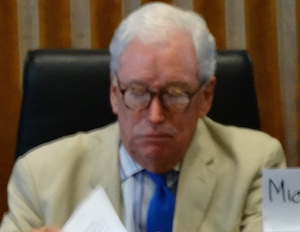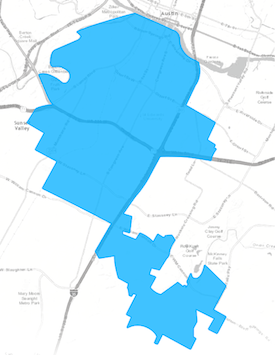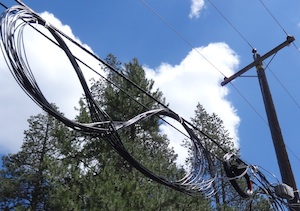California shut out of rural community broadband grants, again
![By Rpbase (Own work) [CC-BY-SA-3.0 (https://creativecommons.org/licenses/by-sa/3.0)], via Wikimedia Commons](https://www.tellusventure.com/blog/images/2014/10/kentucky_tower.jpg)
Can’t see California from here.
For the third year running, the U.S. department of agriculture passed over California while handing out Community Connect grants, a program run by the Rural Utilities Service. The agency released a list of 8 relatively small broadband projects that will be getting a total of $13.7 million. None of which are in California.
It’s possible, of course, that there were no applications submitted from here. I’ve been looking around on the web to see if that info has been published anywhere, but no joy so far.… More





![By Edward Betts (Own work) [CC-BY-SA-3.0 (https://creativecommons.org/licenses/by-sa/3.0)], via Wikimedia Commons](https://www.tellusventure.com/blog/images/2014/10/sf_central_subway.jpg)
![By Karora (Own work) [Public domain], via Wikimedia Commons](https://www.tellusventure.com/blog/images/2014/10/schoolhouse.jpg)


![By FASTILY (Own work) [GFDL (https://www.gnu.org/copyleft/fdl.html) or CC-BY-SA-3.0-2.5-2.0-1.0 (https://creativecommons.org/licenses/by-sa/3.0)], via Wikimedia Commons](https://www.tellusventure.com/blog/images/2014/10/tab.jpg)